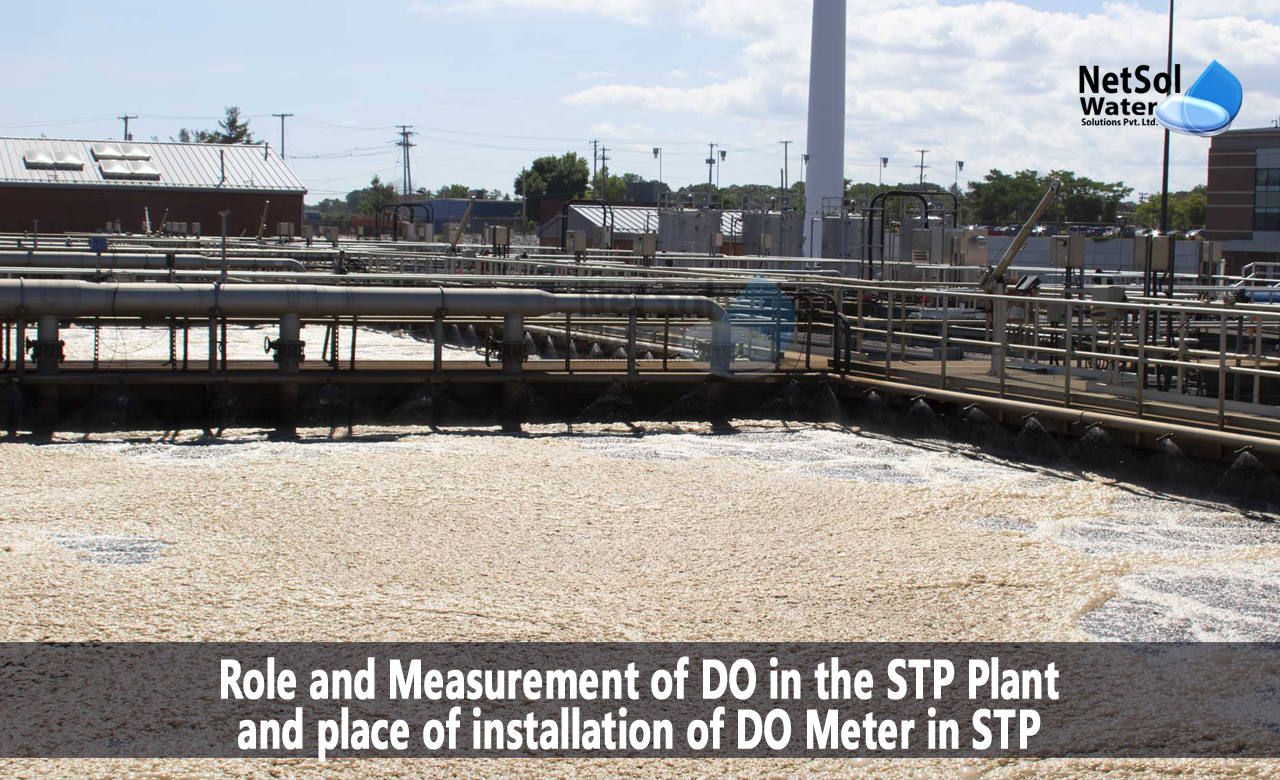Sewage treatment plants (STPs) are designed to treat sewage and remove contaminants before discharging it into natural water sources. Dissolved oxygen (DO) plays a crucial role in the treatment process by facilitating the growth of aerobic bacteria that break down organic matter in the sewage.
Here will go through the function of DO in sewage treatment facilities, how to measure DO in sewage water, and why putting a DO meter in STPs is crucial.
What is the Role and Measurement of Dissolved Oxygen in the STP Plant?
DO is an essential factor in the biological treatment process of STPs.
Aerobic bacteria require oxygen to survive and break down organic matter in sewage. Without sufficient oxygen levels, anaerobic bacteria can dominate, leading to the formation of odorous and harmful by-products, such as methane and hydrogen sulfide.
In the initial stages of the treatment process, raw sewage is screened and allowed to settle in a primary sedimentation tank to remove larger solids.
In the next stage, the sewage is introduced to an aeration tank where aerobic bacteria are added, and oxygen is supplied to facilitate their growth. The aeration process encourages the breakdown of organic matter, reduces the levels of chemical oxygen demand (COD), biochemical oxygen demand (BOD), and removes nitrogen and phosphorus from the water.
How to Measure DO in Sewage Water.
Dissolved Oxygen can be measured using a variety of instruments, including DO meters or probes, which are commonly used in STPs.
A DO probe is a sensor that measures the amount of oxygen dissolved in water. The probe consists of a cathode and an anode that are separated by a membrane that allows oxygen to diffusethrough. The probe is connected to a meter that measures the voltage generated by the oxygen reaction at the cathode.
The Importance of DO Meters in STPs
DO meters are important instruments in STPs as they provide accurate and continuous measurements of DO levels in the water. Accurate DO measurements are crucial for maintaining the biological activity in the aeration tanks and ensuring the efficient breakdown of organic matter.
Low DO levels can lead to the accumulation of organic matter, reduced bacterial growth, and inefficient treatment, while high DO levels can result in excessive energy consumption and decreased treatment efficiency.
Where to Install DO Meters in STPs?
Dissolved Oxygen meters should be installed in critical locations in the STP, such as:
· The influent stream of the aeration tank,
· The effluent stream of the aeration tank,
· The final effluent stream
· The return activated sludge (RAS) stream.
DO measurements in the influent stream help to determine the incoming DO levels and adjust the aeration rates accordingly.
DO measurements in the effluent stream help to determine the treatment efficiency of the plant, while measurements in the RASstream help to optimize the treatment process and reduce energy consumption.
Conclusion.
DO plays a critical role in the biological treatment process of STPs by facilitating the growth of aerobic bacteria that break down organic matter in sewage. DO meters are important instruments in STPs as they provide accurate and continuous measurements of DO levels in the water, ensuring the efficient treatment of sewage. DO meters should be installed in critical locations in the STP to monitor and optimize the treatment process, reduce energy consumption, and improve treatment efficiency.
Leading manufacturer of sewage treatment plants in India.
Netsol Water is the leading manufacturer, supplier, and exporter of a quality selection of water treatment, and wastewater treatment products in India, by using advanced sewage treatment methods.
RO plants, water softeners, ETPs, STPs, DM plants, AMC, O&M, Ultra filtration, UV, Ozonation, ZLD plants, Anoxic tanks, and other goods and services are available from us. We also provide services to businesses in sectors including automotive, pharmaceutical, textile, pulp & paper, beverages, refineries, schools, hospitals, office buildings, and hotels, among others.
Call us at +91 9650608473 or email at enquiry@netsolwater.com for further information.



